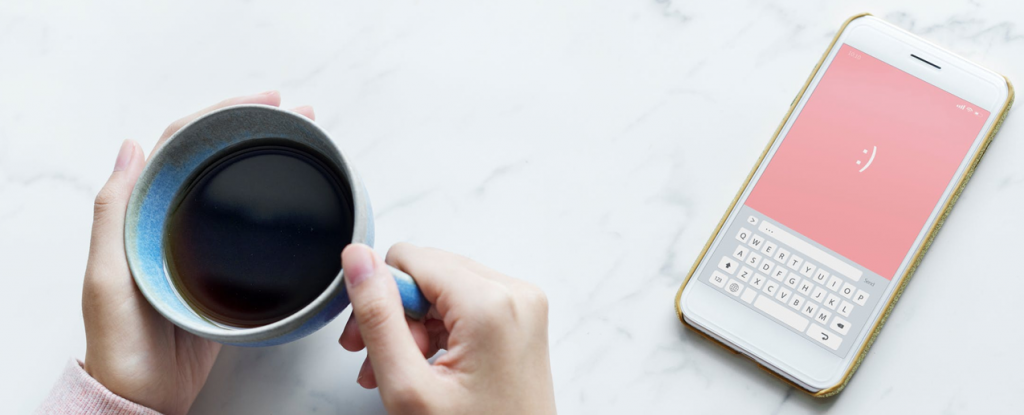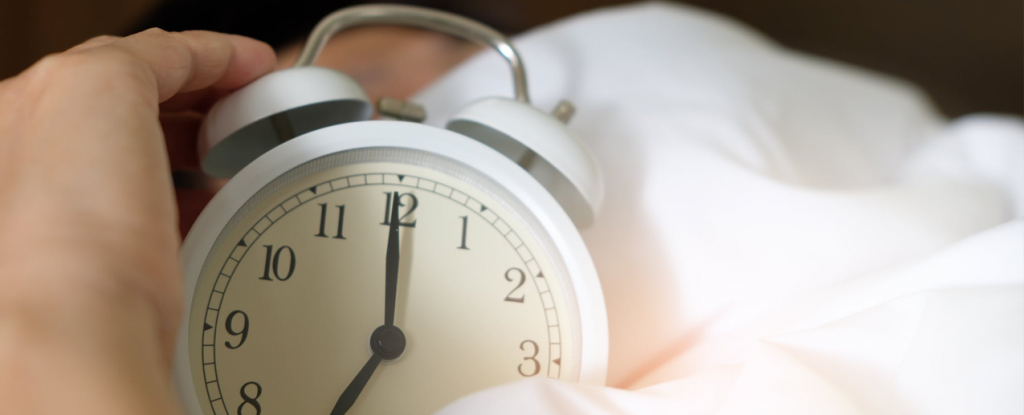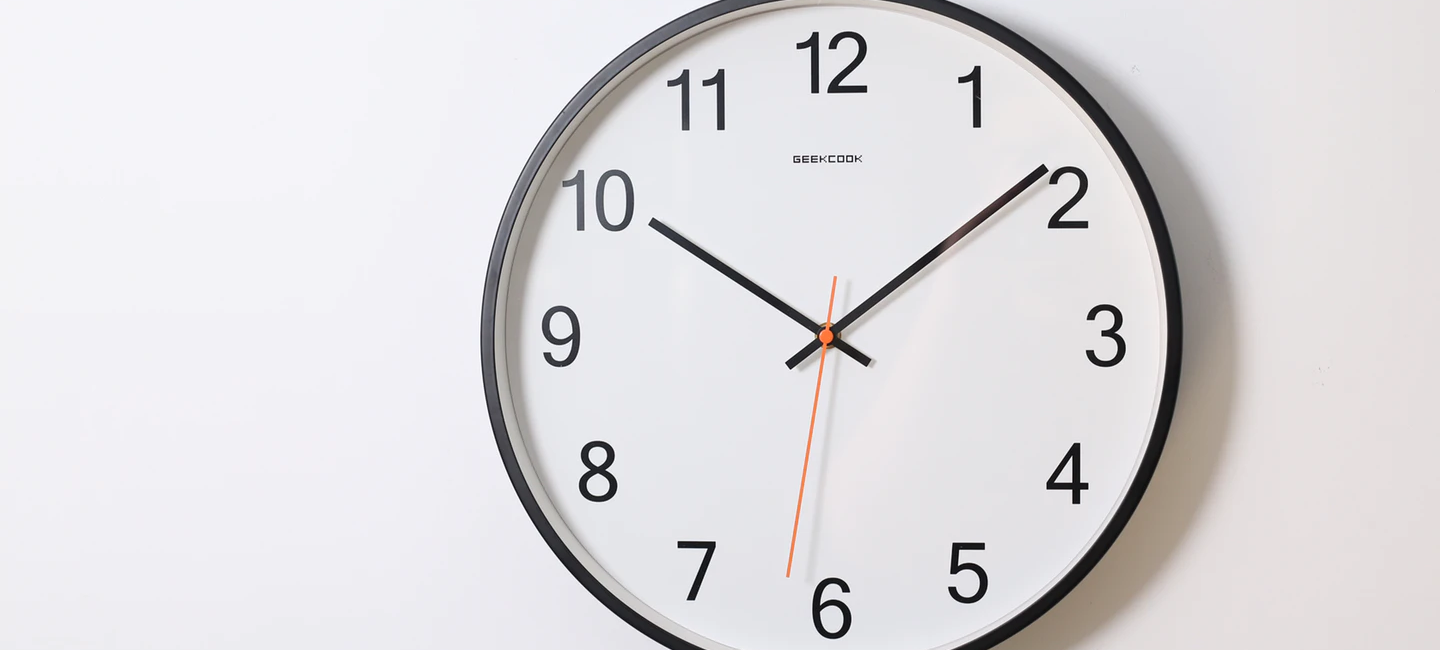This week I was listening to a podcast about how managers manage to lead high-performing teams and create dynamic outcomes for their organisations. It is not a surprise that technology was one of the key themes mentioned and, in particular, how to manage the many distractions in our day.
With pinging push notifications and email pop-ups consistently grabbing our focus, how does one remain on task and not be distracted? It reminded me also of feedback that parents and students are receiving this week in Progress Interviews.
It is not an uncommon suggestion for a Middle School student to be encouraged to focus more, be distracted less, and concentrate. But how can we, students included, do this better?

Hide your phone from yourself
Research conducted in schools on the distraction of mobile phones showed that when phones were stored in another room or in a locker, students were able to concentrate better. You might think, ‘I keep mine in my pocket but I don’t look at it’.
You might not, but I bet you’re tempted, right? Even having a phone in your reach can be a distraction. Putting your phone on flight mode and disabling push notifications is a start, but it’s even better if you keep your phone in your locker.
Creativity first
At the start of the day your brain has full battery power. As the day goes on, you spend time thinking, planning, working, you begin to lose your battery power. Therefore, if there is a task that requires creative thinking, schedule it into your day as early as you can. Then follow with other tasks that might be more straightforward.
Get some Zzzzzz’s

It is normal for adolescents’ sleep patterns to change. It is not uncommon for teenagers to struggle to get to sleep before 11:00pm. However, it is still recommended that adolescents get around 9 hours of sleep per night.
So even if you fell asleep at 11:00pm on the dot, you’d most likely be late to School if you got a full 9 hours of sleep! So, help yourself out, and shut down all your screens 30 minutes before you hope to fall asleep.
According to sleep specialists at KidsMatter, light from electronic devices can disrupt the body by suppressing a hormone called melatonin which assists in regulating the sleepwake cycle. This can make you feel more awake and can keep you alert for a while even after you’ve put down the device. So, aim for a 10:00pm bedtime, clock up a full 8 or 9 hours and see if it helps your focus at School.
Make your bed
Ok, what does this last one have to do with paying attention at School? Admiral William H. McRaven gave an inspirational commencement speech at the University of Texas which started with, “If you want to change the world, make your bed”.
McRaven makes the point that building good habits into our day can fill us with small doses of accomplishment and pride in ourselves. It also emphasizes that we need to focus on the small changes in order to achieve big goals. Focusing on one small shift at a time is both achievable and realistic.
There is a word in the Japanese language that means continuous improvement – kaizen. The concept of kaizen puts focus on making small incremental changes which will improve our overall performance. So, make small changes, be consistent, and you will see change in your performance and abilities, getting you closer to achieving your goals. Just focus on one kaizen step at a time.
____________________
Written by Ms Janis Coffey, Head of Middle School


